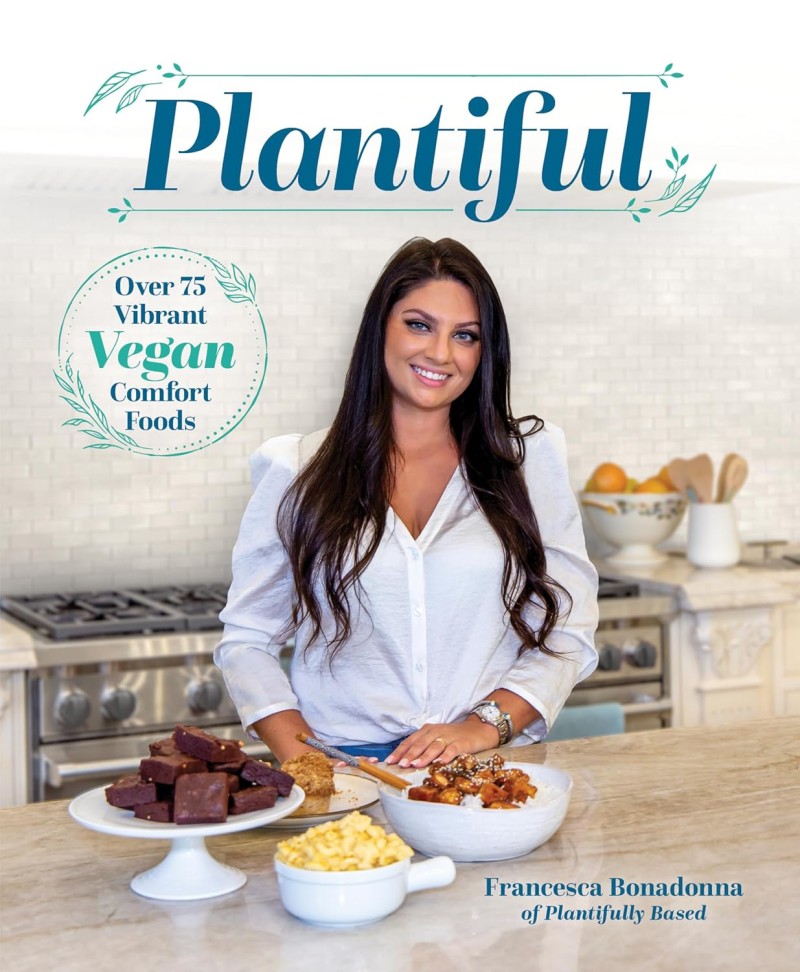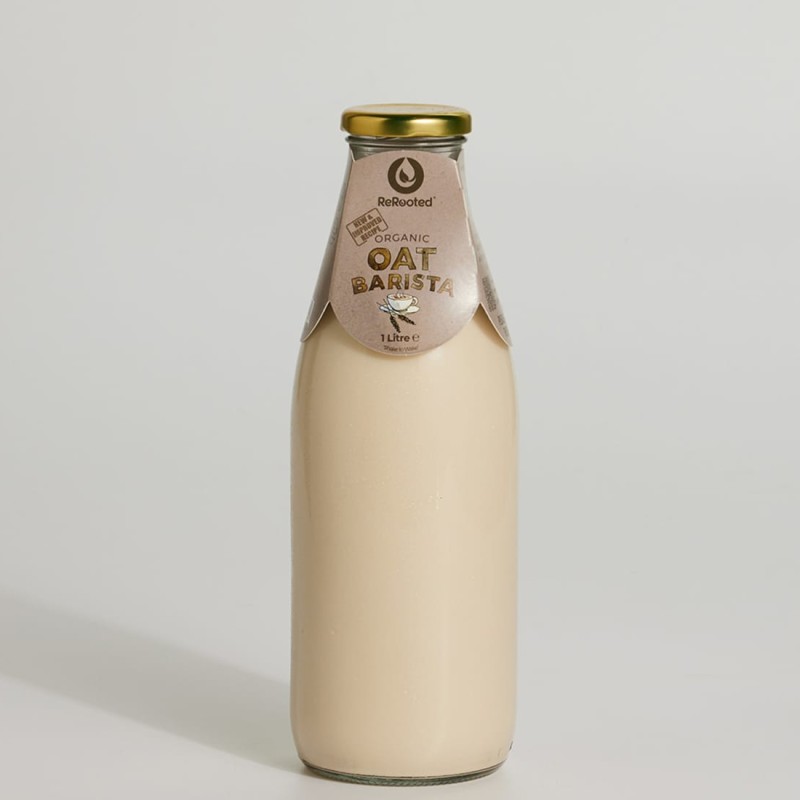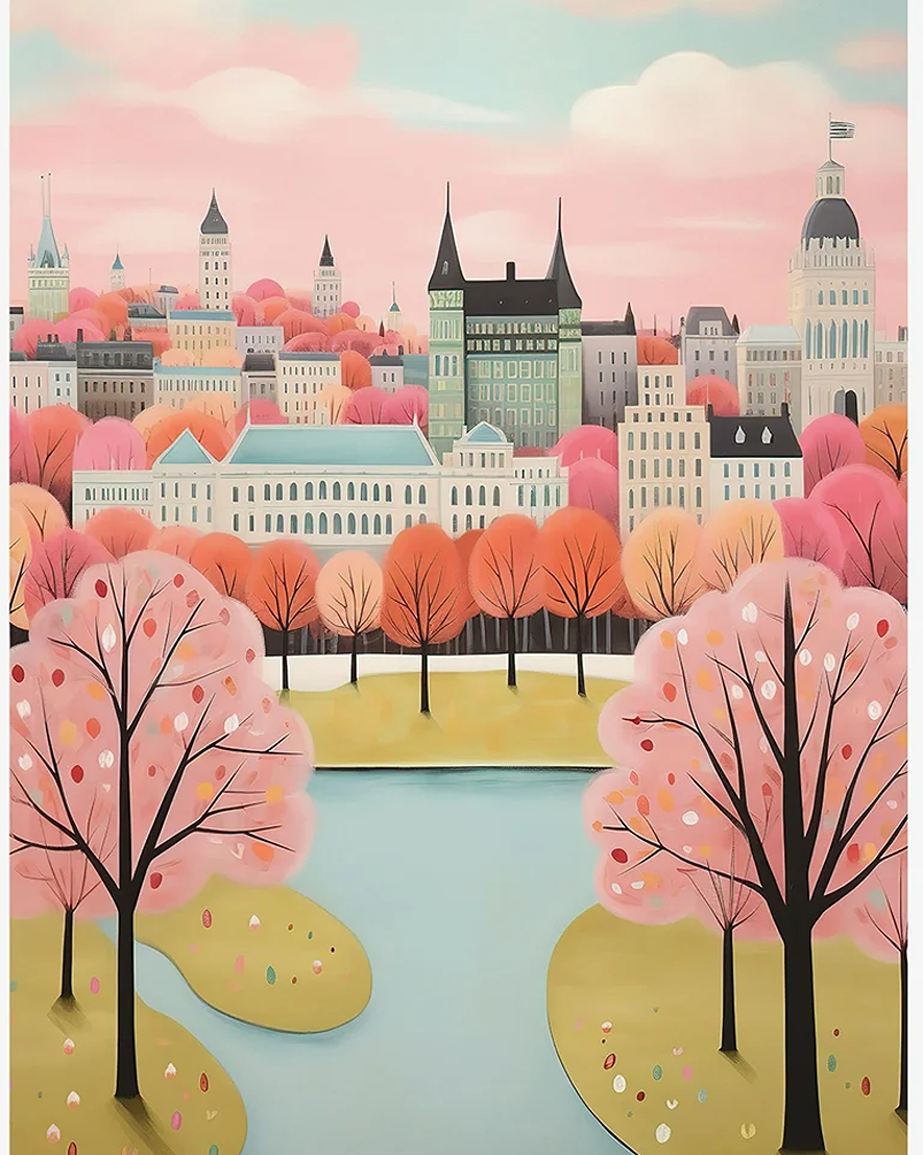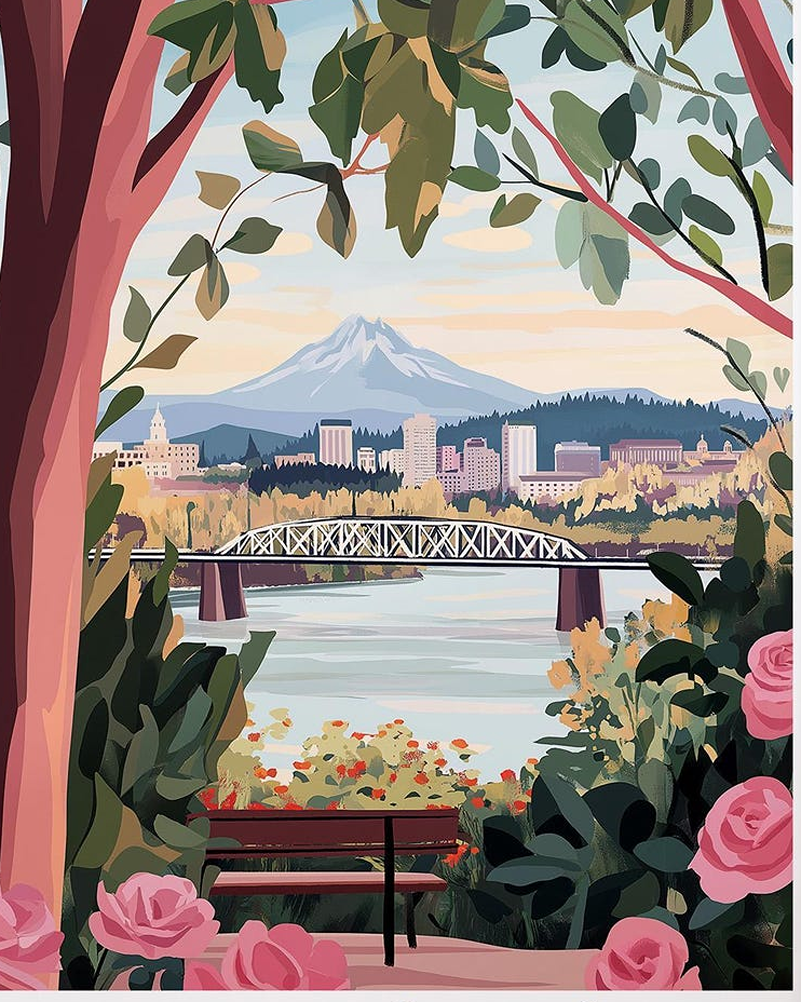Recup: Reusable Bowls for Food Stores
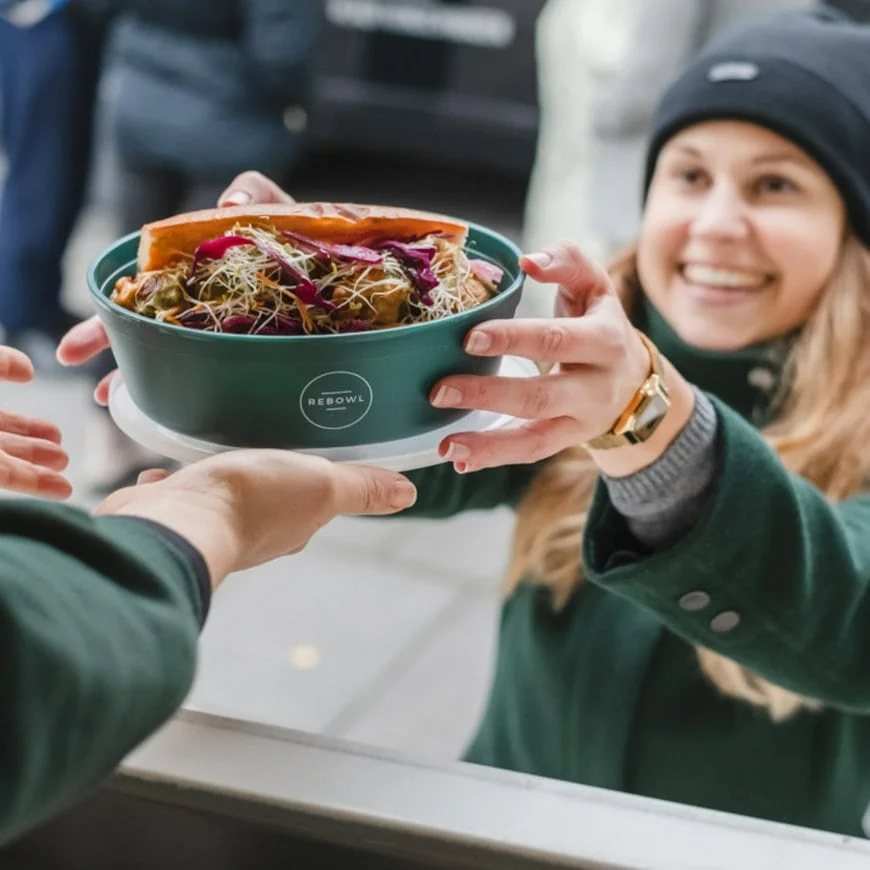
RECUP offers reusable bowls and cups for small businesses. Based in Germany (where it’s used by over 20,000 outlets), again customers buy say a bowl of soup, eat it at the office then return to receive their deposit back.
The cups are rented for £1 and bowls for £5. It takes just 6 uses of the bowls (and 12 for cups) to start saving money for your business. And you then no longer have to buy disposable food and drinks packaging.
Read our post on food safety for people and pets.
Each RECUP can replace up to 1000 single-use cups, and each REBOWL can be used up to 500 times. The cups are sold in various sizes to accommodate all needs, and are stackable to save space, and dishwasher-friendly.
Both items are also food-safe, shatterproof and a deposit lid is available on demand. The bowls are in 3 sizes (one with a divider lid to separate sauces etc) and also leakproof and heat-resistant up to 85 degrees C.
And research shows that nearly 100% of customers like the idea, and get involved. You can then market that you do this, within your community.
This company was founded by two young men in Germany (one is Swedish) who were astounded at the billions of single-use plastic cups and bowls being served each day (around 184 cups a second and 85 plates a second).
They both had come up with the idea of reusable food service packaging independently while studying sustainability, put their brains together and launched in 2016. It’s now the leading brand in its niche, with millions of pounds in funding, working with big names like IKEA and Burger King. So why not here?
According to industry reports, cafés can spend anywhere from £2,000 to £10,000 annually on single-use packaging. This figure can vary based on the café’s size and customer volume. By making a switch, you’ll notice those costs shrinking.
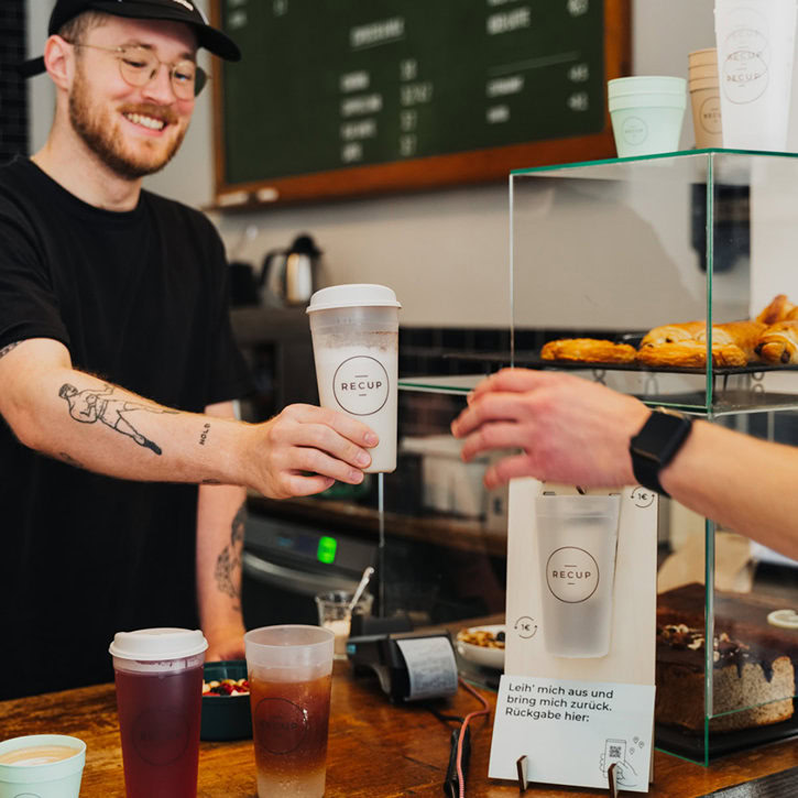
The company also offers reusable drinks cups:
What’s Wrong with Clingfilm?
Clingfilm is awful stuff. It remains one of the plastics that can’t be recycled, and due to removing PVC, it now does not even work properly, often falling apart when you try to wrap food with it.
It also produces ‘nurdles’ during production, which look like fish food, if they end up in the sea (which they inevitably do). There are tons of eco alternatives these days, search this site, look online – or cover your food with a plate!

